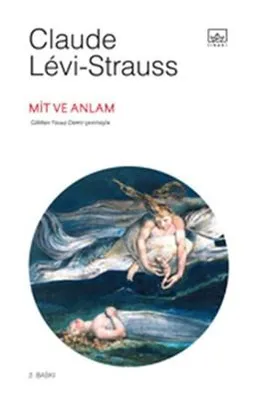Mertcan Bulak
@MBulak
777 reader point
Joined on August 2020
Şu anda okuduğu kitap
Okuma Hedefleri
Roman soldiers were given an allowance to buy salt (sal, salis) , an important commodity in the ancient world, and used primarily as a preservative. The allowance was called a salarium . The word was then applied to any payment for work.
For if it were proposed to all peoples to choose the best customs out of all, after close examination, they would each choose their own as best .
HERODOTUS (fifth-century BCE Greek historian), Inquiries iii.38
The English word candidate derives from the fact that when a Roman ran for political office, he would wear a distinctive white toga (toga candidata) while campaigning in the Forum.
cf. candeo-candēre = glow, shine; be clear
Reader Follow Recommendations
Senate takes its name from the Roman Senatus , which originally meant a group of old men, whereas Congress derives its name from a Latin verb that means “to walk together.” And finally, the laws of this country “stand together” in the Constitution.
Karantina
In the seventeenth century, when an outbreak of bubonic plague spread across Europe bringing death and devastation, the rulers of Venice ruled that ships arriving from plague-infested places had to wait for forty days before passengers could disembark, in order to insure that no one on the boat was infected with the disease. The Italian Quarantina giorni (forty days) is derived from quadraginta , the Latin word for forty.
Noah Webster's eagerness to create an “American” English led to the Americanization of the orthography of many English words that had entered the language through French. Thus, honour became honor , and centre became center .
whiskey < Gaelic usqebaugh (“the water of life”)
apricot < the original form of the word in English, apricock , from the Portuguese albricoque , which, in turn, came from the Arabic al birquq . The Arabic word, however, was a transliteration of a Latin adjective, praecoquum (early ripening), a term that could be applied to any fruit.
“Language is a city to the building of which every human being brought a stone.”
Ralph Waldo Emerson
If we try to read a myth as we read a novel or a newspaper article, that is line after line, reading from left to right, we don’t understand the myth, because we have to apprehend it as a totality and discover that the basic meaning of the myth is not conveyed by the sequence of events but—if I may say so— by bundles of events even although these events appear at different moments in the story.
Among some North American Indians, the pregnant woman is forbidden to turn around too fast when she is lying asleep, because if she did, the body fluids would divide in two parts, and she would give birth to twins.
We can easily now conceive of a time when there will be only one culture and one civilization on the entire surface of the earth. I don’t believe this will happen, because there are contradictory tendencies always at work—on the one hand towards homogenization and on the other towards new distinctions. The more a civilization becomes homogenized, the more internal lines of separation become apparent; and what is gained on one level is immediately lost on another.
We are able, through scientific thinking, to achieve mastery over nature while, of course, myth is unsuccessful in giving man more material power over the environment. However, it gives man, very importantly, the illusion that he can understand the universe and that he does understand the universe.
Science will never give us all the answers. What we can try to do is to increase very slowly the number and the quality of the answers we are able to give, and this, I think, we can do only through science.
